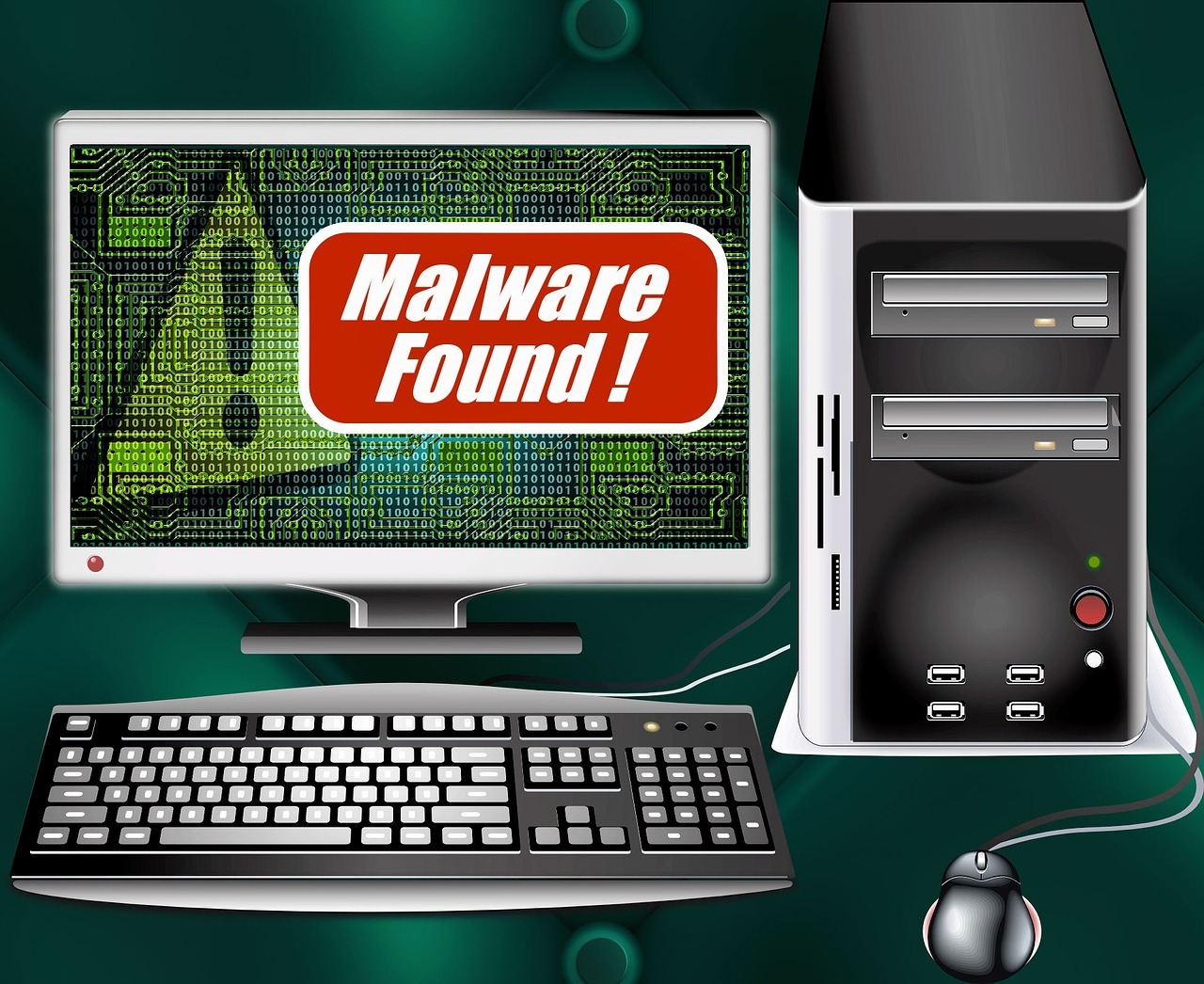
Common Malware & How to Prevent Them
When you hear about viruses, trojans, spyware and the like, it’s about different kinds of malware that you’re hearing. The term malware is a malicious software contraction. Simply put, malware is any piece of software written to harm data, devices, or individuals. Read the rest of the article to learn about some common malware and how to prevent them from infiltrating your computer.
Some Common Types of Malware
Virus: Viruses, like their biological namesakes, attach to clean files and infect other clean files. Uncontrollably, they can spread, damage the core functionality of a system, and delete or corrupt files. Usually, they appear as an executable file.
Spyware: There’s no surprise here: spyware is spyware malware. It hides in the background and notes what you’re doing online, including passwords, credit card numbers, surfing habits, and more.
Worms: Worms infect entire device networks by using network interfaces, either locally or internet-wide. It uses every infected machine in a row to affect more.
Trojan: A Trojan is a type of malware that often disguises itself as legitimate software. Cyber-thieves and hackers can employ trojans trying to gain access to users’ systems. Users are typically tricked into loading and executing trojans on their networks by some form of social engineering.
How to Prevent Common Malware
Infection with malware can cause unbearably slow network computing and communication processes to run or completely hijack them. In shared anti-malware strategies, individuals, employers, and their software vendors can partner together. Here are some actions that can prevent common malware from infiltrating your computers and networks.
Firewalls and IDS –Firewalls and intrusion detection systems act as traffic cops for network activity and block anything suspect. This is enterprise-grade technology that protects from malicious applications or cyber attack user computers, servers or networks. Firewalls may not prevent malware from being installed, but they may detect nefarious operations in the process.
Security Scans–This activity tests business websites and business software for known malware that may have application code infected. Many app stores perform necessary scans on hosting and selling software, but this is no guarantee of security, so vigilance is needed.
Anti-Malware Software –It never hurts to have installed on all devices the latest version of a basic malware-seeking program to search for and destroy rogue programs like viruses. Regularly scan personal or business computers and often update the software.
Anti-Spyware Software –These packages provide computers with real-time protection against malware installation by scanning incoming traffic and blocking threats.
Spam Filters–These block or quarantine email messages containing suspicious content or from unknown senders, to warn users not to open or respond. Most companies have spam mitigation centralised in place, and this service is also provided by many personal email providers.
Regular Updates–Always maintain software and operating systems for the network, desktop, and device. Security patches are issued by trusted software vendors on a daily basis and should be installed to deflect the most recent threats.
Let Us Help you Get Rid of Common Malware in your Computer
If you suspect your computer of being infected with malware and are clueless about how to fix it, then let us help you. We will check your system to identify the problem and clearly explain the cost of repairs that are needed. In addition, we also do other types of computer and Macbook repair. So, head on over to Budget PC Ugrade Repair today.
